In today’s digital era, web scraping has become an essential tool for extracting valuable data from websites. As the demand for data-driven insights continues to grow, the role of proxies in web scraping has become increasingly significant. One type of proxy that stands out in this field is the residential proxy. Residential proxies act as intermediaries between users and websites, masking their true identity and allowing them to access online content with enhanced privacy and anonymity. Businesses and individuals can bypass IP restrictions, avoid detection, and gather accurate and reliable data from various sources by utilizing residential proxies for web scraping. In this introduction, we will explore the fundamentals of web scraping and delve into the world of residential proxies, understanding their pivotal role in ensuring successful and efficient data extraction.
Residential Proxy for Web Scraping
Residential proxies are a crucial component of any successful web scraping operation. But what exactly are residential proxies, and how do they facilitate web scraping activities?
For more information you can read What is a Residential Proxy? article
Residential proxies are IP addresses assigned to real residential devices, making them appear as if they are regular internet users. Unlike datacenter proxies that use IP addresses from data centers, residential proxies offer a higher level of anonymity and mimic real user behavior. This characteristic makes them an ideal choice for web scraping tasks that require simulating human interaction and bypassing anti-scraping measures.
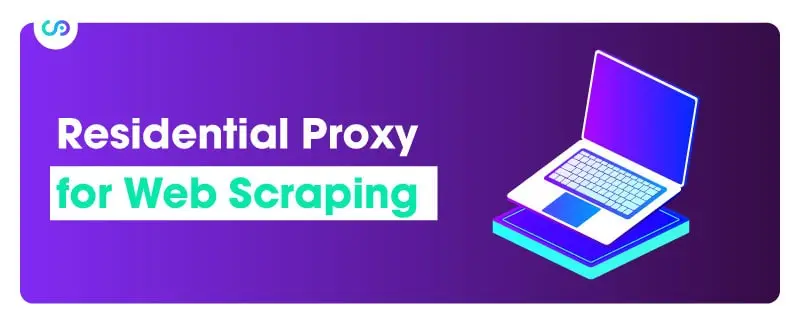
By routing web scraping requests through residential proxies, businesses and individuals can avoid detection and access data from websites without being blocked. Residential proxies provide a layer of legitimacy, making it difficult for target websites to distinguish them from genuine users. They enable web scrapers to gather accurate and reliable data by rotating IP addresses and distributing requests among multiple residential proxies. Also in this video, Infatica – Ethical Proxies mentioned:
Web scraping, when done right, has the potential to transform any business thanks to the large volumes of data it can provide. As a process, however, web scraping needs proper setup and configuration — otherwise, it won’t be as effective.
Furthermore, residential proxies offer geolocation targeting capabilities, allowing web scrapers to access location-specific content. Whether it’s scraping local search results, gathering pricing data from regional e-commerce websites, or monitoring online advertisements in specific locations, residential proxies empower businesses with the ability to capture region-specific information.
In summary, residential proxies play a vital role in web scraping by providing enhanced anonymity, mimicking real user behavior, and enabling access to location-specific content. Their characteristics make them invaluable tools for businesses and individuals engaged in data-driven activities, ensuring the successful extraction of valuable information from the web.
Benefits of Residential Proxies in Web Scraping
When it comes to web scraping, residential proxies offer a myriad of benefits that can significantly enhance the success and effectiveness of data extraction. Let’s explore these advantages in detail:
- Enhanced Anonymity and Legitimacy: Residential proxies allow web scrapers to operate in a stealthier manner by masking their true identity. By mimicking real user behavior and utilizing IP addresses associated with residential devices, residential proxies provide a higher level of anonymity and legitimacy. This makes it more difficult for target websites to detect and block scraping activities, ensuring uninterrupted data collection.
- Improved Access to Data: Many websites employ anti-scraping measures to prevent automated data extraction. Residential proxies help bypass these restrictions by making scraping requests appear as if they originate from real users. This grants web scrapers greater access to valuable data that would otherwise be inaccessible due to IP blocking or captchas.
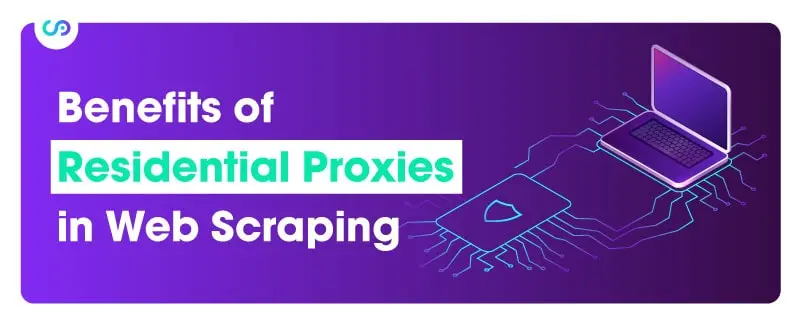
- Higher Success Rates and Reduced IP Blocking: Residential proxies rotate IP addresses, distributing scraping requests among different residential devices. This distribution helps mitigate the risk of IP blocking and increases the success rate of web scraping operations. By leveraging a diverse pool of residential proxies, web scrapers can maintain a steady flow of data without disruptions caused by blocked IPs.
- Geolocation Targeting and Accessing Location-Specific Content: Residential proxies offer the ability to access location-specific content by providing IP addresses associated with specific geographic locations. This enables web scrapers to gather data tailored to a particular region, making them invaluable for location-dependent tasks such as monitoring local SEO rankings, scraping regional e-commerce websites, or extracting location-specific pricing information.
In conclusion, the benefits of using residential proxies in web scraping are vast. From enhanced anonymity and legitimacy to improved access to data and geolocation targeting, these proxies empower businesses and individuals to extract valuable insights with higher success rates and reduced risks of IP blocking. By harnessing the power of residential proxies, web scrapers can unlock a wealth of information and gain a competitive edge in their data-driven endeavors.
Secure Web Scraping with Residential Proxies
When it comes to web scraping, ensuring data privacy and security is of paramount importance. Residential proxies offer a reliable solution to safeguard your scraping activities and protect your online presence. Let’s explore how residential proxies contribute to secure web scraping:
- Ensuring Data Privacy and Security: Residential proxies add an extra layer of privacy and security to your web scraping endeavors. By routing your scraping requests through residential IP addresses, you maintain the confidentiality of your real IP and personal information. This protects you from potential data breaches or unauthorized access to sensitive data.
- Mitigating the Risk of IP Detection and Blocking: Target websites often employ measures to detect and block suspicious scraping activities. With residential proxies, your scraping requests appear as if they originate from legitimate residential users. This significantly reduces the risk of IP detection and subsequent blocking, ensuring uninterrupted data extraction.
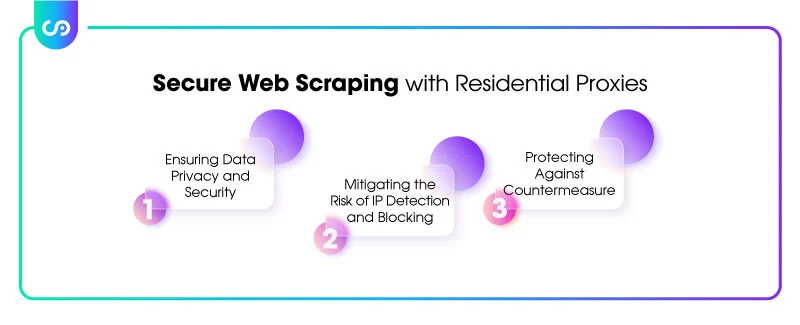
- Protecting Against Countermeasures: Some websites implement countermeasures such as captchas or IP rate limiting to deter scraping. Residential proxies help bypass these countermeasures by simulating human-like behavior and utilizing IP addresses associated with real users. This enables you to extract data without triggering these countermeasures and ensures a smooth scraping process.
In summary, residential proxies play a vital role in ensuring secure web scraping operations. By preserving data privacy and security, mitigating the risk of IP detection and blocking, and protecting against countermeasures implemented by target websites, residential proxies offer a reliable solution for conducting web scraping activities in a secure manner. Embracing residential proxies empowers you to gather valuable data while maintaining the integrity of your online presence.
Using Residential Proxies for Data Extraction
Residential proxies have revolutionized the way data extraction is conducted by providing a reliable and effective solution for accessing and gathering data from various sources. Let’s delve into how residential proxies facilitate data extraction and explore some common use cases:
- Accessing Various Sources: Residential proxies enable web scrapers to access and extract data from a wide range of sources, including websites, APIs, and online platforms. Whether you need to extract product information from e-commerce websites, gather social media data, or monitor competitor pricing, residential proxies offer the necessary anonymity and legitimacy to accomplish these tasks.
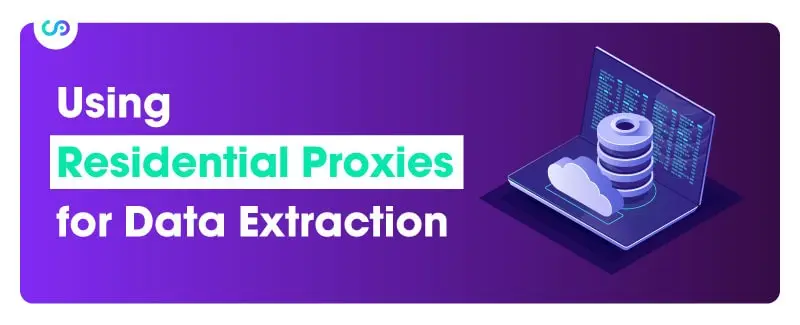
- Overcoming IP Restrictions: Many websites impose restrictions based on IP addresses to control access to their data. Residential proxies bypass these restrictions by providing IP addresses associated with real residential devices. This allows web scrapers to overcome IP-based limitations and access data that would otherwise be inaccessible.
- Scraping at Scale: Residential proxies offer the ability to scrape data at scale by rotating IP addresses and distributing requests among multiple proxies. This allows for efficient and high-volume data extraction, ensuring that web scrapers can collect large amounts of data within a shorter timeframe.
- Web Scraping Compliance: Residential proxies help web scrapers comply with website terms of service and scraping guidelines. By leveraging residential IP addresses, web scrapers appear as regular users, reducing the likelihood of being detected and blocked by websites.
Examples of Data Extraction Use Cases
- E-commerce: Scraping product details, pricing information, and customer reviews from online stores.
- Social Media: Gathering user data, follower counts, post engagements, and sentiment analysis from social media platforms.
- Market Research: Extracting competitor data, market trends, and consumer insights from various websites.
- SEO Analysis: Collecting search engine rankings, keyword data, and backlink information for website optimization.
- Financial Analysis: Obtaining stock market data, financial reports, and economic indicators from financial websites.
In conclusion, residential proxies provide a powerful tool for data extraction, allowing web scrapers to access diverse sources, overcome IP restrictions, and conduct large-scale scraping. With their versatility and compliance with scraping guidelines, residential proxies unlock endless possibilities for extracting valuable data from the web.
Related article: What is web scraping?
Conclusion
Residential proxies have emerged as a crucial tool in the world of web scraping and data extraction. In today’s digital era, where data-driven insights are highly valued, the significance of residential proxies cannot be overlooked. Residential proxies act as intermediaries between web scrapers and target websites, providing them with residential IP addresses that mimic real users. This enables web scrapers to navigate past IP restrictions and anti-scraping measures, ensuring seamless access to the desired data. Residential proxies offer enhanced anonymity, making it difficult for websites to detect and block scraping activities. With residential proxies, web scrapers can extract valuable data for various purposes such as market research, competitor analysis, and business intelligence. Embrace the power of Residential Proxies for Web Scraping and unlock the full potential of data extraction.
FAQs
What is a residential proxy and how does it work for web scraping?
A residential proxy is an IP address provided by an Internet Service Provider (ISP) to a homeowner. It works for web scraping by routing internet traffic through these residential IP addresses, making it appear as if the requests are coming from real residential users.
What are the advantages of using residential proxies in web scraping?
The advantages of using residential proxies in web scraping include enhanced anonymity, higher success rates, reduced chances of IP blocking, access to websites with anti-scraping measures, and geolocation targeting capabilities.
How do residential proxies ensure secure and reliable web scraping?
Residential proxies ensure secure and reliable web scraping by preserving data privacy, mitigating the risk of IP detection and blocking, and protecting against countermeasures implemented by target websites. They simulate human-like behavior, reducing the likelihood of triggering scraping countermeasures.
How can a residential proxy pool enhance the efficiency of web scraping?
A residential proxy pool enhances the efficiency of web scraping by providing a larger pool of residential IP addresses. This allows for IP rotation and distributing requests among multiple proxies, enabling higher volume scraping, faster data extraction, and reducing the chances of being detected or blocked by websites.

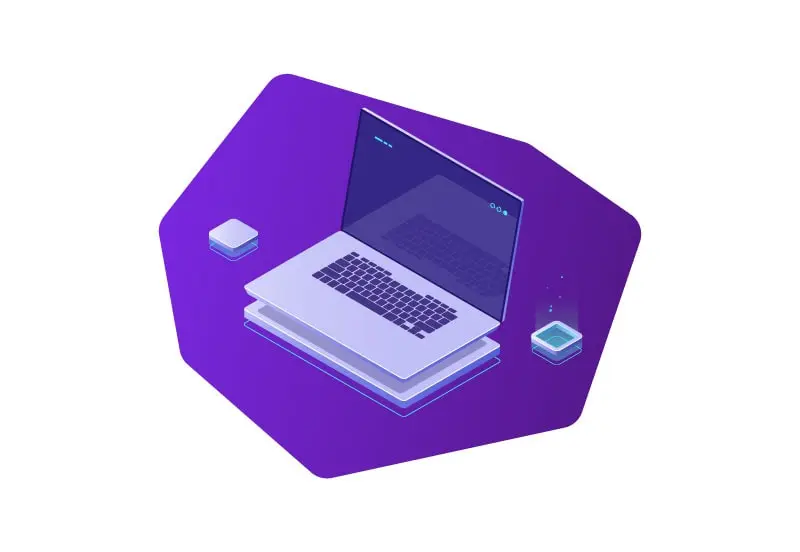
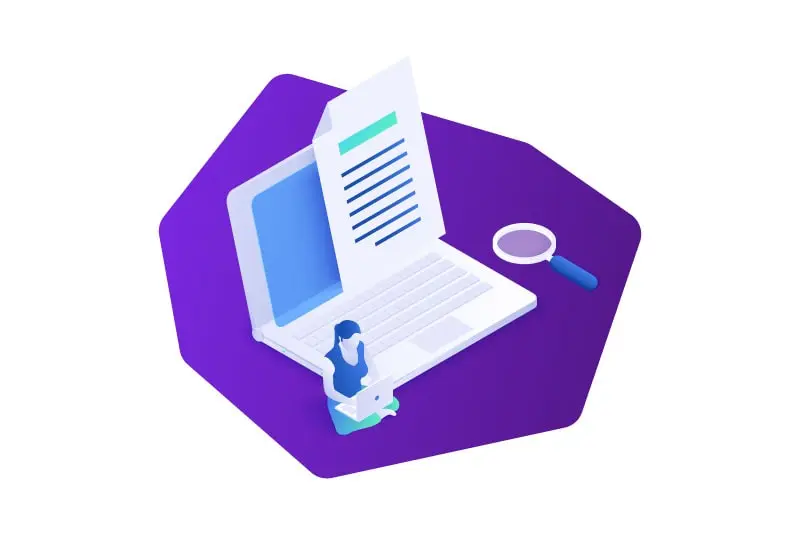
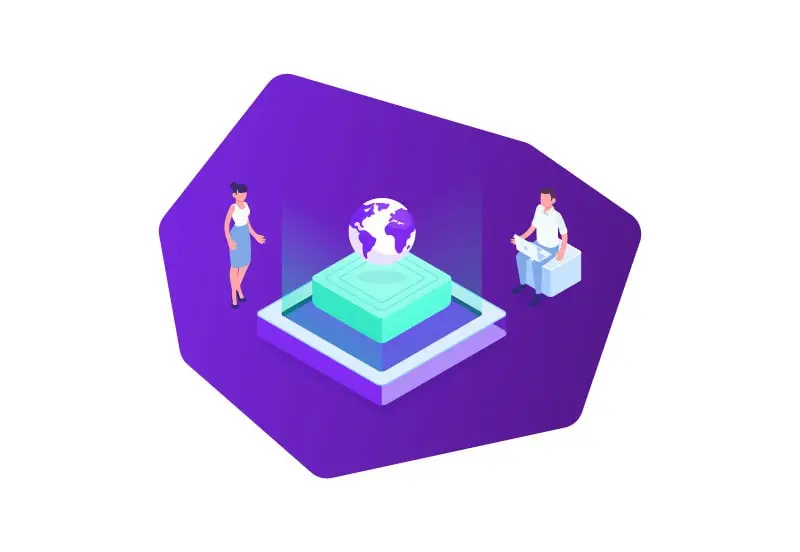



2 thoughts on “The Power of Residential Proxies for Web Scraping”
I’ve been using residential proxies for web scraping, and they’ve been a game-changer! The level of anonymity and reliability they offer is just unmatched. Highly recommend!
Glad to hear that you’ve had a positive experience with residential proxies for web scraping! They are indeed a powerful tool for data extraction, providing enhanced privacy and seamless access to target websites. If you have any questions or need further guidance, feel free to ask. Happy scraping!